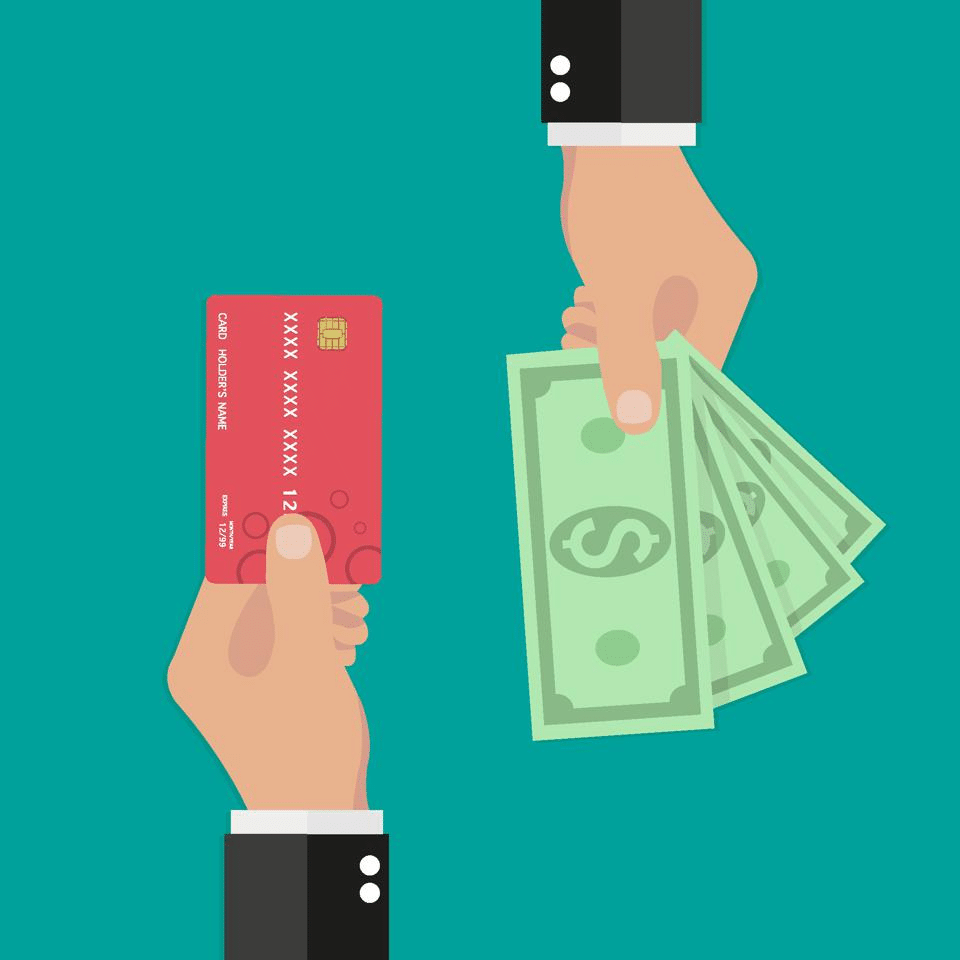Credit cards vs loans for unexpected expenses

When it comes to handling unexpected expenses, individuals often find themselves at a crossroads: should they use a credit card or take out a loan? This critical decision can influence their financial health in profound ways.
Credit cards offer quick and convenient access to funds, ideal for immediate needs, but potentially at high-interest rates. Personal loans, on the other hand, typically provide lower interest rates but require a longer application process.
This blog post aims to provide an in-depth comparison between using credit cards and taking out loans for unforeseen bills, helping readers make an informed decision tailored to their financial situation.
Understanding the Basics
Before diving into the comparison, it's essential to understand what distinguishes credit cards from personal loans. Credit cards are revolving lines of credit, allowing repeated borrowing up to a credit limit and requiring minimum monthly payments. Personal loans, conversely, offer a lump sum with a fixed repayment schedule at potentially lower interest rates.
Credit cards can be tempting for their rewards and the grace period on interest, which can be beneficial for short-term borrowing. Loans, while lacking these benefits, offer stability and predictability in repayments, making them suitable for larger, planned expenses.
Interest Rates and Impact on Debt
The interest rates on credit cards are typically higher compared to personal loans, which can significantly affect the total amount of debt accrued over time. While credit cards can be a quick solution for unexpected expenses, the high-interest rates can make them less appealing for long-term borrowing.
Loans, with their lower interest rates and fixed repayment terms, may offer a more economical option for financing large unexpected expenses, providing a clear timeline for debt repayment.
Speed of Access to Funds
When sudden financial needs arise, the speed at which funds can be accessed is crucial. Credit cards excel in this area, providing instant financing without the need for a new application process. Loans, however, typically take several days to process, which may not be suitable for urgent expenses.
Flexibility and Usability
Credit cards offer unmatched flexibility, allowing you to use the available credit for virtually any purchase or payment. This is particularly useful for diverse or unpredictable expenses. In contrast, loans provide a fixed amount, which may not fully meet your needs or require a precise estimation of the required funds.
Impacts on Credit Score
Both options affect your credit score, but in different ways. Regular, on-time payments on either can positively impact your score. However, high balances on credit cards can be detrimental due to high credit utilization ratios. In contrast, taking out a personal loan increases your total debt but can improve your credit mix, potentially boosting your score.
Conclusion: Making the Right Choice for Unexpected Expenses
Deciding between using a credit card or taking out a loan for unexpected expenses depends on the specific circumstances. Credit cards provide quick, flexible funding for short-term needs but come with higher interest rates. Loans offer a lower-cost option for significant expenses but lack the immediacy and flexibility of credit cards.
Evaluating your financial situation, the urgency of the expense, interest rates, and potential impact on your credit score will guide you in making the best decision for managing unforeseen bills.
{FAQ}
{FAQ_ITEM}
{FAQ_TITULO}What factors should I consider when choosing between a credit card and a loan for unexpected expenses?{/FAQ_TITULO}
{FAQ_CONTEUDO}Consider the urgency of the expense, the amount needed, interest rates, the impact on your credit score, and the repayment period. Analyzing these factors will help you choose the option that best fits your financial situation.{/FAQ_CONTEUDO}
{/FAQ_ITEM}
{FAQ_ITEM}
{FAQ_TITULO}Can taking out a loan for unexpected expenses positively affect my credit score?{/FAQ_TITULO}
{FAQ_CONTEUDO}Yes, taking out a loan and making regular, on-time payments can positively impact your credit score by improving your credit mix and showing responsible debt management.{/FAQ_CONTEUDO}
{/FAQ_ITEM}
{FAQ_ITEM}
{FAQ_TITULO}Are credit cards always the best option for immediate financial needs?{/FAQ_TITULO}
{FAQ_CONTEUDO}Not necessarily. While credit cards offer immediate access to funds, they come with higher interest rates which can make them costly for long-term borrowing. Assess the nature of your expense and other available options before deciding.{/FAQ_CONTEUDO}
{/FAQ_ITEM}
{/FAQ}
Final Thoughts on Managing Unexpected Expenses
Ultimately, the choice between a credit card and a loan for managing unexpected expenses hinges on understanding your financial needs and circumstances. While credit cards offer convenience and immediate access, personal loans provide a potentially less costly route for larger, planned expenses.
Assessing your financial health, immediate needs, and long-term plans will equip you with the information needed to make a wise decision, ensuring that the approach you choose aligns with your financial goals and situation.
Remember, prudent financial management and understanding the implications of your choices are key to navigating the challenges of unexpected expenses.

Related